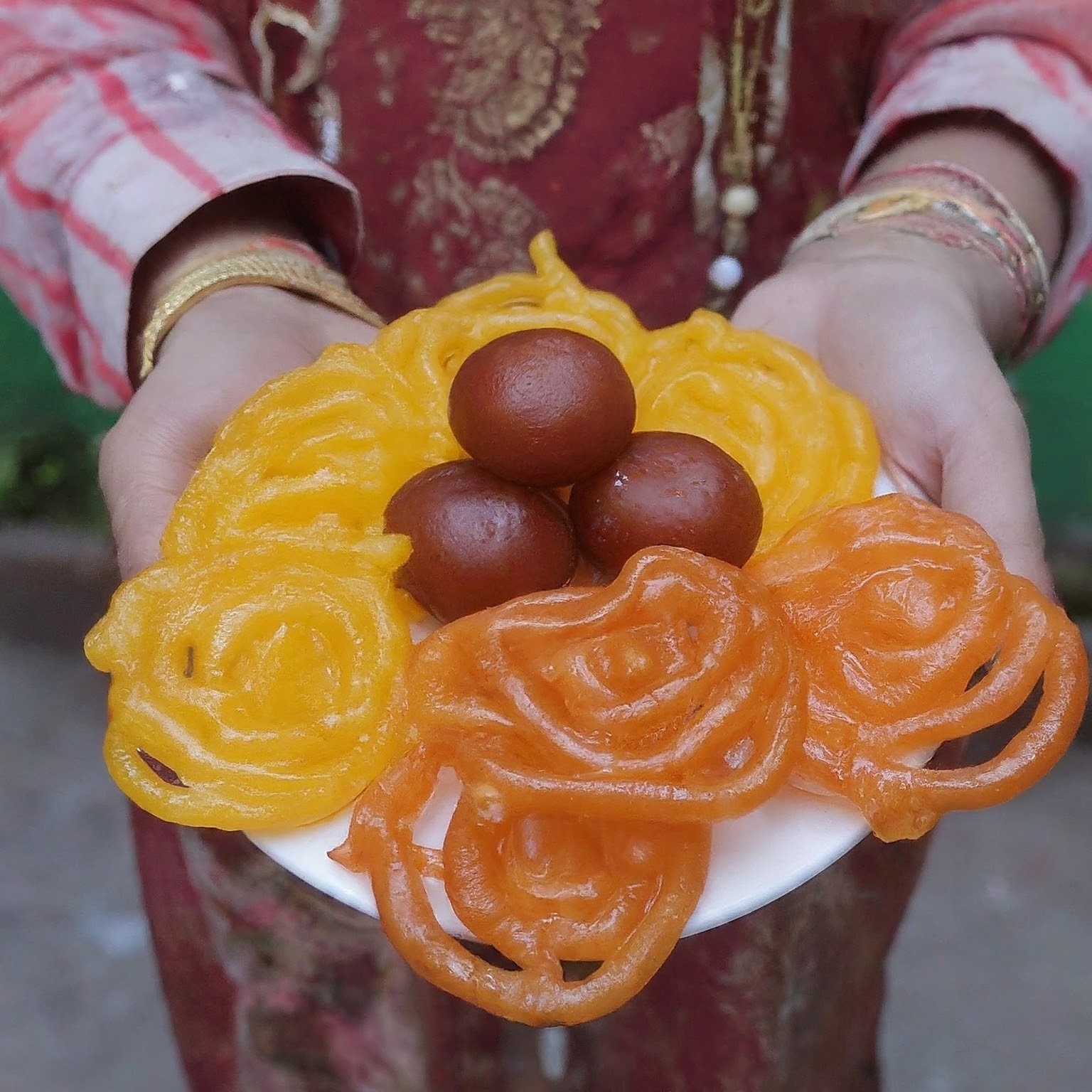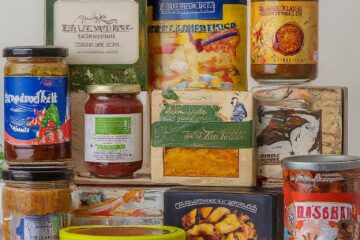Imagine the vibrant colors, joyful music, and delicious smells of Diwali or Holi! For Indian kids, these festivals hold a special sweetness thanks to two iconic treats: The golden spiral, jalebi and gulab jamun, the melt-in-your-mouth ball. But these aren’t just any sweets; they’re like little ambassadors of Indian food culture, shaping kids’ experiences in unique ways.
From Festive Feasts to Sweet Memories:
- The Sweet Start of Celebrations: The mere aroma of jalebi and gulab jamun wafting through the air announces the arrival of festivities. Their vibrant colors and irresistible taste officially kick off the fun, creating lasting memories from the very first bite.
- Sharing the Sweetness, Sharing the Joy: These treats are rarely enjoyed alone. They’re meant to be shared, fostering a sense of community and togetherness. Children learn the joy of giving and receiving, strengthening social connections and cultivating empathy as they pass them around during family gatherings.
Beyond Dessert: A Taste of Tradition:
- Sweet Connections to Roots: Jalebi and gulab jamun aren’t just delicious; they’re threads woven into the rich tapestry of Indian culture. Watching elders prepare them with care, witnessing the intricate process of shaping jalebi, and helping roll out gulab jamun dough – these experiences connect children to their roots and cultural identity.
- Preserving Traditions, One Sweet Bite at a Time: The act of sharing these homemade treats becomes a way of preserving traditions and ensuring they live on in future generations. As children grow older, they might even try making them themselves, keeping the cultural legacy alive.
Sweet Lessons for Life:
- From Patience to Generosity: Jalebi and gulab jamun offer valuable life lessons beyond their sweetness. The careful preparation emphasizes patience and attention to detail, while sharing them teaches generosity and compassion. The joy of receiving these treats instills gratitude and appreciation.
- Sweet Treats, Sweet Values: These seemingly simple sweets become vehicles for transmitting important cultural values and shaping well-rounded individuals. They teach patience, generosity, gratitude, and the importance of preserving traditions.
A Legacy of Sweetness:
As Indian kids grow older, their relationship with jalebi and gulab jamun evolves. They may create their own festive memories with their families, try their hand at making them, or simply indulge in their nostalgic sweetness. These treats remain a constant reminder of childhood, cultural identity, and the joy of sharing.
So, the next time you encounter a jalebi or gulab jamun, take a moment to appreciate their significance beyond their deliciousness. They are more than just sweets; they are threads woven into the rich tapestry of Indian food culture, shaping the lives and memories of countless children.




